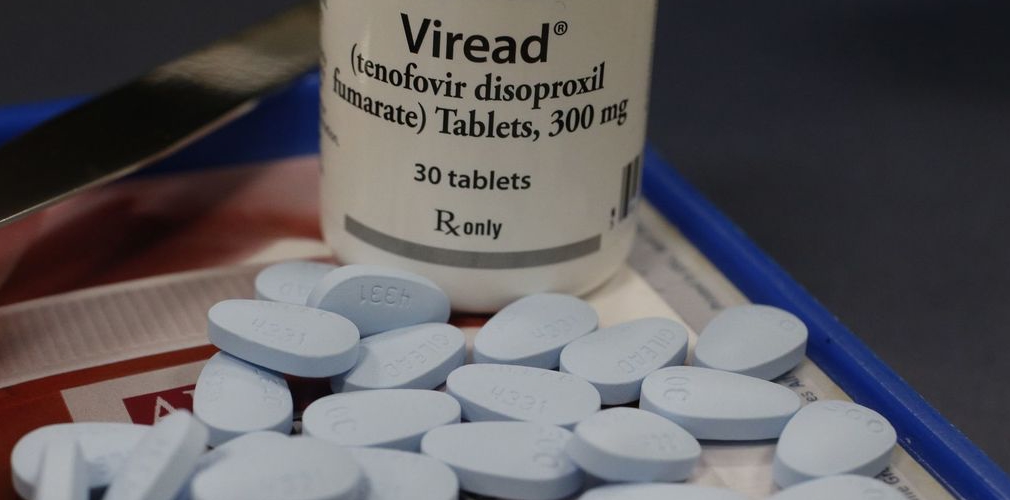What is Viread/Truvada?
Viread (tenofovir disoproxil fumarate) is a prescription oral antiretroviral drug commonly used in combination with other drugs to manage HIV and Hepatitis B. The drug was approved by the U.S. Food and Drug Administration (FDA) in 2001 for use in people living with HIV and has been shown to slow the progress of HIV and prolong the lives of users.
Viread belongs to a class of drugs known as nucleotide reverse transcriptase inhibitors (NRTIs), which are designed to prevent the HIV virus from replicating and stop the transmission of AIDS, and Viread is currently available as a single drug or in the all-in-one, fixed-dose combination drugs Complera, Truvada, Stribild and Atripla. According to reports, Gilead Sciences originally developed two separate delivery systems for tenofovir, TDF and TAF.
Compared to TAF, TDF delivered the drug in a much higher dose, which allegedly caused users to suffer severe kidney issues, including chronic kidney disease and end-stage renal disease, as well as severe bone density loss, breaks or fractures, and bone necrosis.


